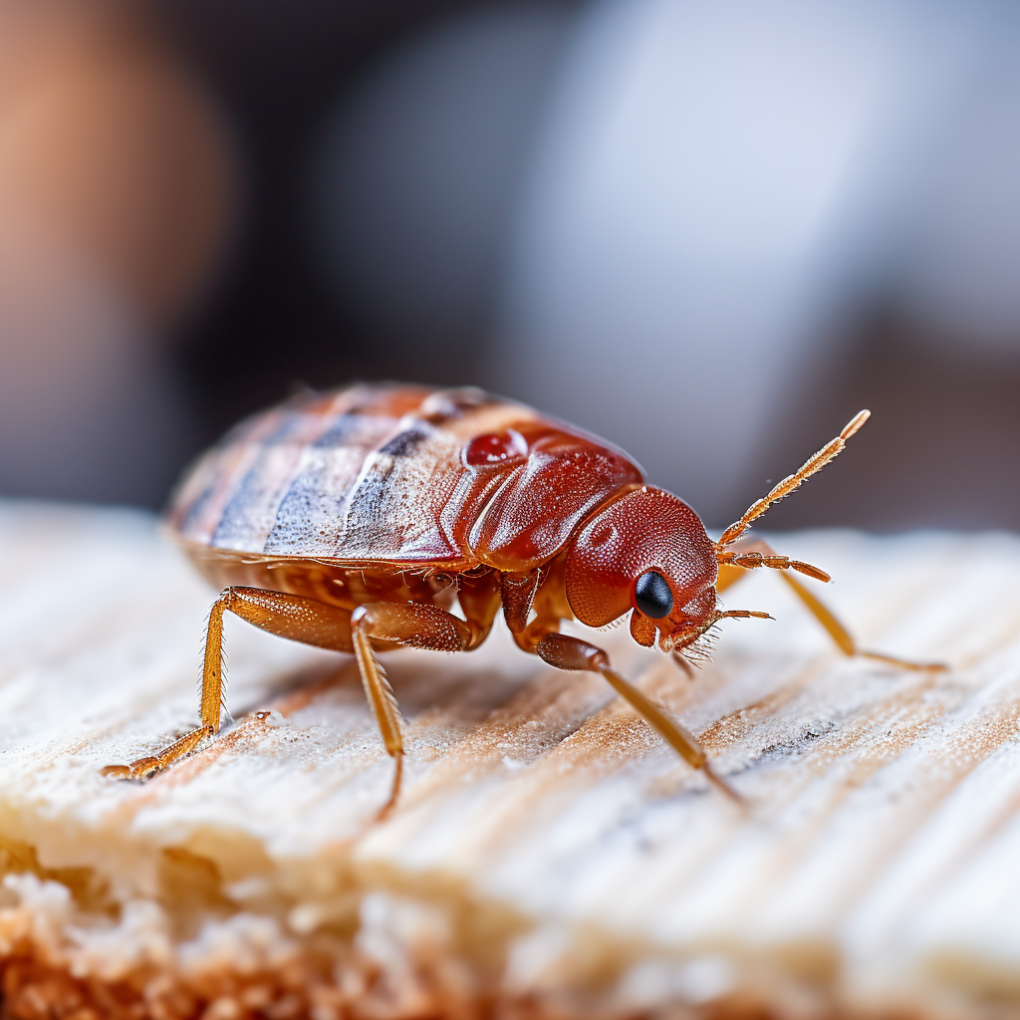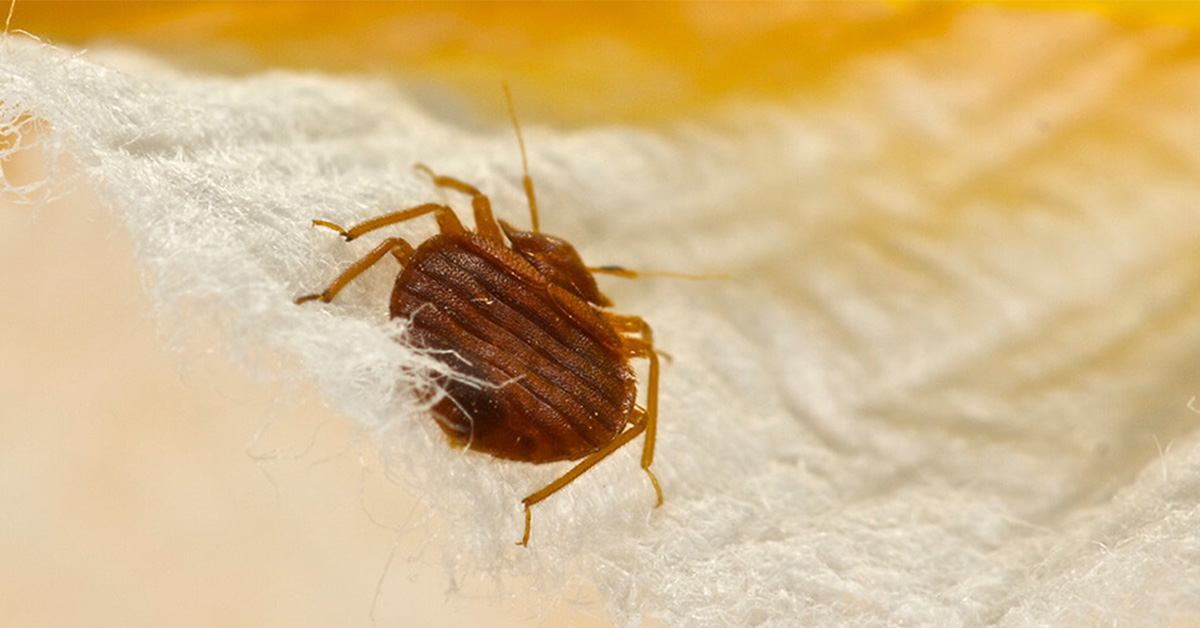Specialist Kings Pest Control Cincinnati: Your Relied On Pest control experts
Specialist Kings Pest Control Cincinnati: Your Relied On Pest control experts
Blog Article
Kinds of Insect Control: Which Technique Is Right for Your Invasion?
When confronted with an insect problem, the option of an ideal method for insect control is critical in effectively managing the circumstance. From chemical therapies to biological solutions, there exists a series of techniques that can be used to attend to different kinds of bugs. Each method features its own collection of advantages and considerations, making the decision-making procedure a nuanced one. Understanding the nuances of each approach and examining their compatibility with the specific pest problem available is essential for attaining long-lasting success in insect administration. By checking out the various kinds of bug control methods readily available, individuals can make enlightened choices customized to their one-of-a-kind circumstances, making sure a much more reliable and lasting result in pest obliteration.
Chemical Bug Control
Chemical pest control includes using synthetic or normally derived chemicals to manage and eradicate pest populations properly. This technique is frequently used in farming, forestry, and property settings to battle a vast variety of bugs, consisting of weeds, rats, and pests. Making use of chemical pesticides can offer quick and targeted options to pest infestations, making it a preferred choice for lots of people and organizations.
One of the vital benefits of chemical insect control is its capability to swiftly remove insects, decreasing the danger of damages to plants, residential or commercial property, and human health and wellness. By utilizing certain chemicals that target certain bugs, this technique can successfully control infestations while minimizing damage to valuable organisms and the atmosphere when applied properly.
Nonetheless, the use of chemical insect control additionally increases concerns regarding possible unfavorable effects on non-target varieties, water sources, and human wellness. It is crucial to follow safety and security standards, apply chemicals responsibly, and think about alternative insect control methods to decrease these dangers and make sure sustainable insect administration techniques.
Biological Parasite Control
Organic insect control, likewise recognized as biocontrol, utilizes living microorganisms to take care of and reduce bug populaces normally. By utilizing the pest's all-natural killers or microorganisms, biological bug control provides a lasting and eco pleasant solution to pest administration.

Mechanical Bug Control
Making use of physical and hands-on techniques to handle pest populations, mechanical insect control provides an alternate technique that does not rely upon making use of living microorganisms or artificial chemicals. This method involves the use of barriers, traps, or other tools to physically discourage or get rid of pests. By blocking parasite entry points or establishing catches to capture them, mechanical parasite control can effectively reduce problems without presenting chemicals right into the atmosphere.
One common example of mechanical pest control is using mesh screens on doors and windows to stop insects from entering buildings. This basic yet efficient method functions as a physical obstacle, keeping parasites out while enabling for correct air flow. Furthermore, tools like mousetraps, fly swatters, and ultrasonic repellents drop under the mechanical bug control group.
While mechanical pest control methods can be labor-intensive and need routine surveillance and maintenance, they provide a eco friendly and lasting option for managing parasite problems. By combining various mechanical strategies, residential or commercial like this property owners can create a thorough insect control approach that decreases reliance on chemical pesticides.
Physical Parasite Control

Some usual physical insect control techniques consist of the usage of barriers such as displays or webs to avoid bug entry, traps to record and eliminate parasites, and hand-picking to physically remove parasites from plants or structures. Additionally, techniques like warmth therapies can be made use of to manage insects like bed pests by elevating the temperature to degrees that are lethal to the bugs.
Physical parasite control is especially helpful in incorporated pest management (IPM) methods, where several pest control approaches are integrated for effective bug management while lessening making use of chemicals. By using physical pest control strategies, people can efficiently resolve insect infestations with minimal ecological impact.
Integrated Bug Administration
When applying physical parasite control methods as component of pest management approaches, Integrated Parasite Administration (IPM) becomes a comprehensive strategy that leverages various outdoor pest control techniques to properly control pest populaces. IPM concentrates on long-lasting prevention of parasites through a mix of biological, social, physical, and chemical devices tailored to certain bug problems. By incorporating multiple control techniques, IPM aims to lessen the risks related to insects while also lowering reliance on chemical remedies.
One secret facet of IPM is the emphasis on surveillance and assessing pest populations to figure out the most suitable control techniques. This aggressive approach allows for very early treatment and targeted strategies, resulting in a lot more reliable pest management. Additionally, IPM promotes ecologically pleasant practices by focusing on non-chemical control approaches and just using pesticides as a last hope.
Conclusion

By using the parasite's all-natural predators or pathogens, organic parasite control uses a lasting and environmentally friendly option to pest management. - Kings pest control services Cincinnati oh
Using physical and hand-operated techniques to take care of insect populaces, mechanical parasite control supplies an alternative method that does not count on the use of living microorganisms or synthetic chemicals.An effective technique to managing insect populaces without relying on chemical or biological methods involves the usage of physical bug control techniques.When implementing physical pest control techniques as part of pest management methods, Integrated Parasite Management (IPM) emerges useful source as a comprehensive strategy that leverages various strategies to efficiently control pest populaces. Chemical parasite control involves the usage of chemicals, organic bug control makes use of natural killers, mechanical insect control includes physical obstacles, physical parasite control includes trapping or removing bugs, and integrated parasite monitoring incorporates multiple approaches for an alternative technique to pest control.
Report this page